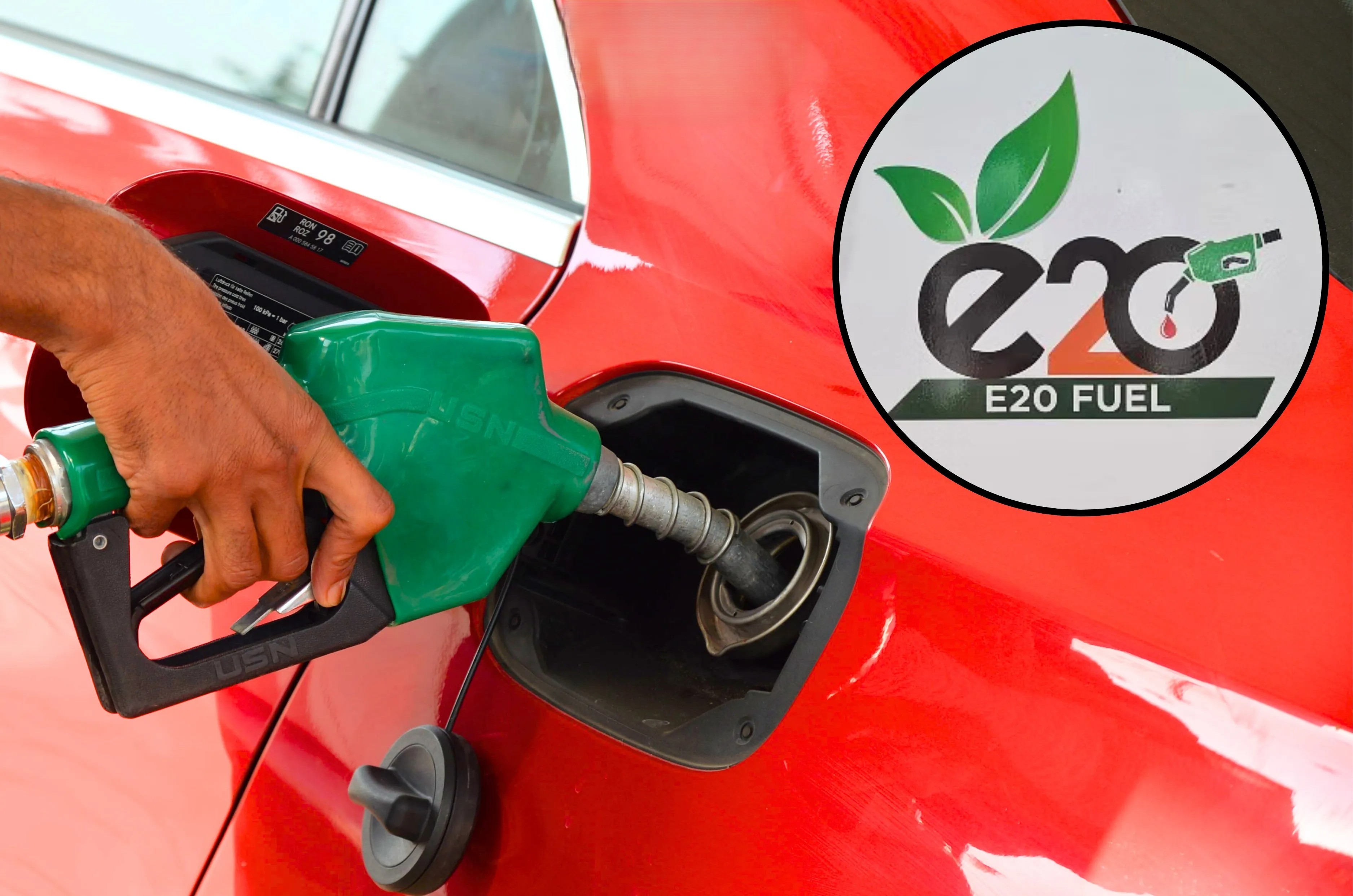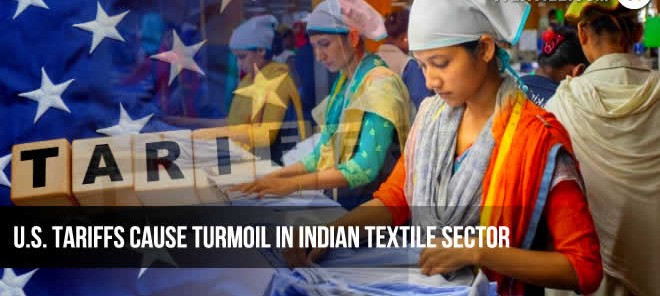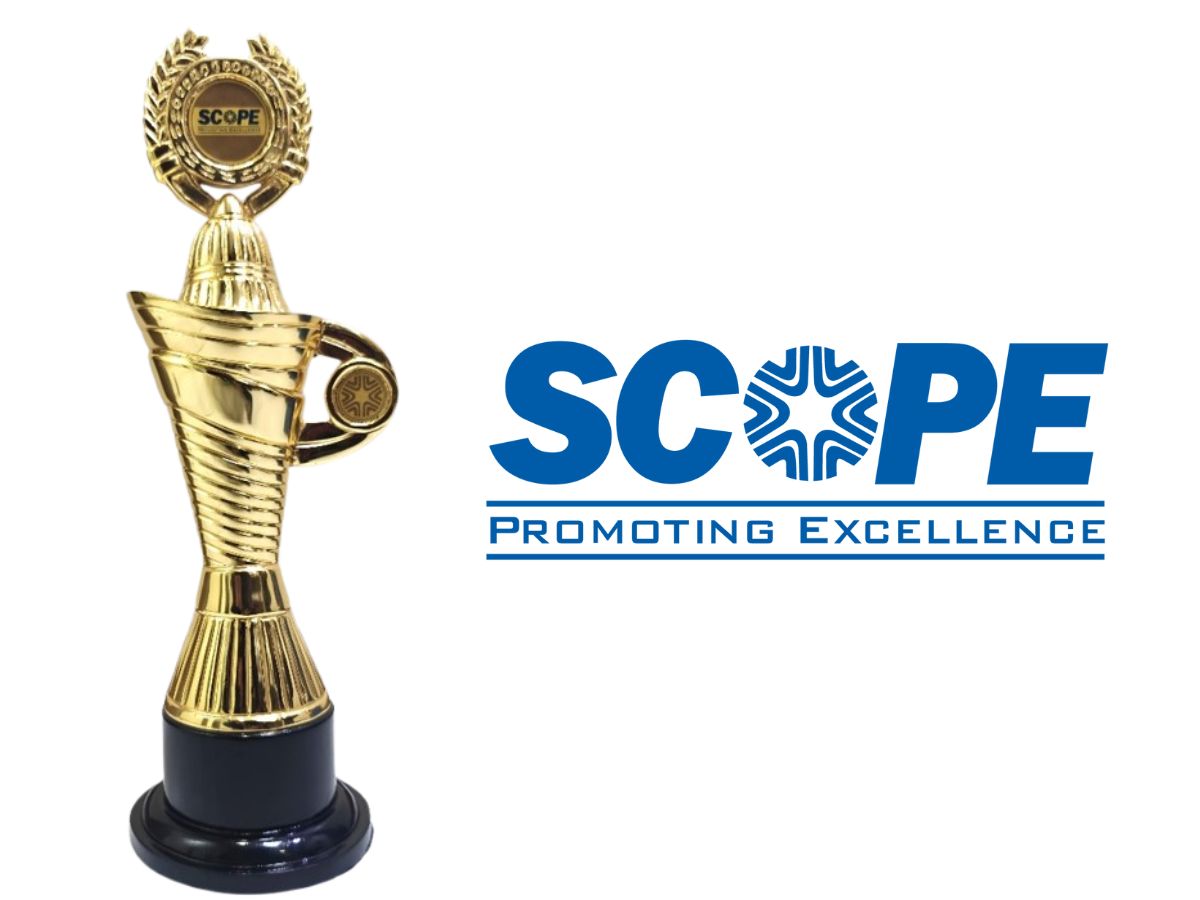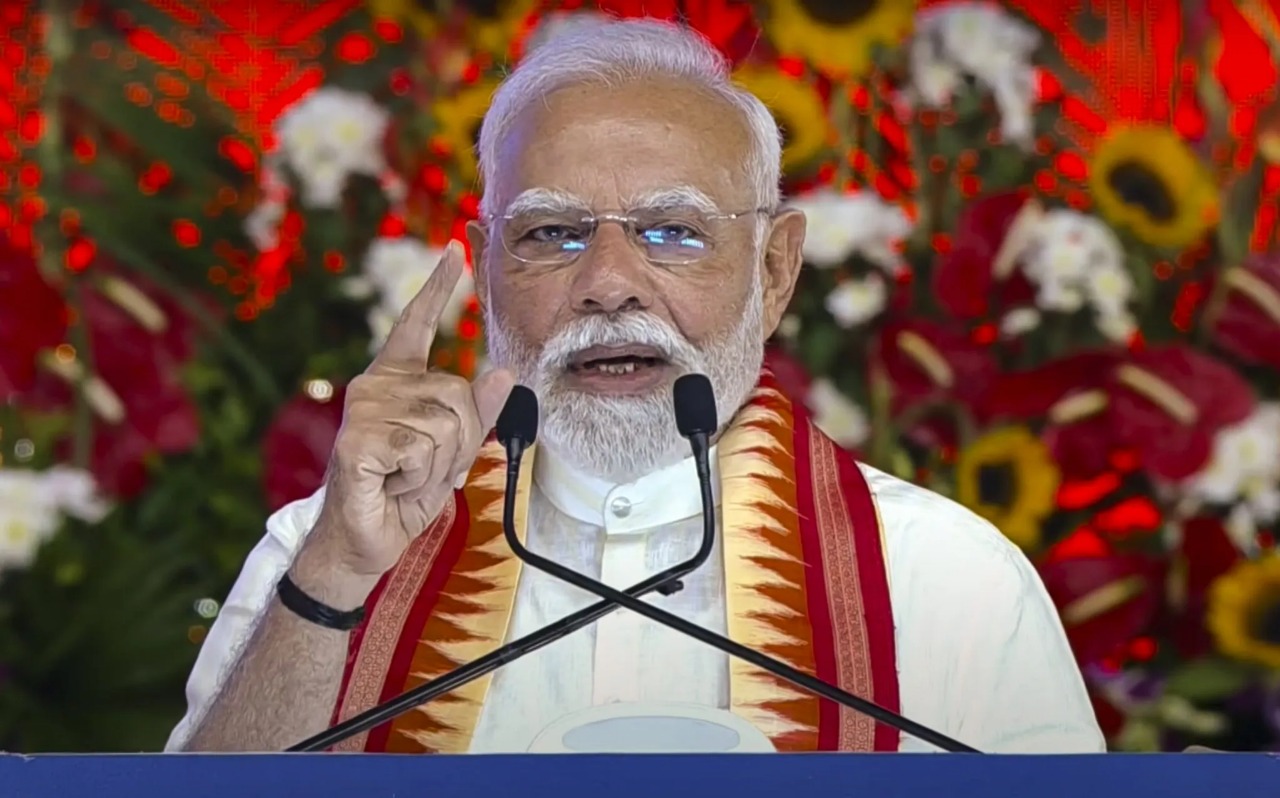
Follow WOWNEWS 24x7 on:

India’s ambitious rollout of E20 fuel—comprising 20 percent ethanol blended with petrol—is stirring a growing wave of apprehension among owners of older petrol vehicles. While the ethanol blend aims to reduce emissions and dependence on fossil fuels, a large segment of vehicle owners now report significant wear and tear, mileage drops, and maintenance burdens particularly in cars bought in 2022 or earlier. This developing narrative raises critical questions about vehicle compatibility, cost implications, and the push for greener mobility as India accelerates its ethanol blending program.
Key Highlights: The E20 Impact On Indian Petrol Vehicles
28 percent of owners of older petrol vehicles report unusual wear and tear or repair needs since E20 rollout.
Two out of three owners notice reduced mileage or fuel efficiency, with some citing drops as steep as 20%.
A majority of respondents express support for making E20 petrol optional, especially if priced 20% cheaper than regular petrol.
Ethanol’s lower calorific value compared to pure petrol contributes to 2-5 percent mileage reductions in affected vehicles.
Vehicles built before 2023 or not certified for E20 face risks of gasket erosion, fuel hose degradation, and long-term engine damage.
Understanding The Controversy Surrounding E20
E20 fuel blends 20 percent ethanol—a biofuel made often from sugarcane or corn—with 80 percent petrol. While this burning mixture is touted to lower carbon emissions, cut crude oil imports, and foster renewable energy sectors, older vehicles calibrated for lower ethanol percentages (like E10) are experiencing challenges. Engine systems not originally designed for higher ethanol content tend to wear components quicker and drop fuel efficiency, partly due to ethanol’s corrosive nature and lower energy density.
Voices From The Ground: User Experiences And Industry Feedback
Thousands of vehicle owners, especially those from tier-1 and tier-2 cities as well as smaller towns, have reported declining engine performance since switching to E20. A vehicle owner shared that his 2019 Volkswagen Vento experienced a mileage decrease from 11 kmpl to under 8 kmpl alongside sluggish acceleration. Post-service diagnostics indicated the car was not E20 compliant, necessitating replacement of key components and engine recalibration to restore performance. Similar reports echo across various urban and semi-urban regions, stirring skepticism among everyday drivers.
Automotive experts note that while new flex-fuel vehicles are built to handle higher ethanol blends, most Indian vehicles—especially older models—are not E20 compatible. Components like rubber fuel hoses, gaskets, and seals are vulnerable to ethanol’s corrosive effects, leading to gradual material degradation. Industry insiders also warn that warranties rarely cover damages caused by non-E20 compliant fuel use, leaving cost burdens with vehicle owners.
Balancing Environment And Economics
The government promotes E20 as a cornerstone of India’s green energy future, projecting it to cut CO2 emissions and reduce foreign oil dependence. According to official data, ethanol blending has helped save billions in fuel imports and supported rural economies by boosting ethanol feedstock farming. However, these gains come with trade-offs, especially for owners of existing petrol vehicles who may need more frequent maintenance or retrofits.
A sizable share of vehicle owners supports the idea of E20 being an optional fuel choice, provided it is priced significantly lower than conventional petrol to justify the potential trade-offs in mileage and upkeep. This call for pricing strategy adjustment highlights the need to balance environmental goals with consumer affordability and vehicle longevity.
What Lies Ahead For Vehicle Owners
As India races ahead with electrification and ethanol blending, vehicle owners and manufacturers face a transitional phase. Some carmakers are exploring retrofit kits to upgrade older vehicles for E20 compatibility. Additionally, vehicle servicing infrastructure will need enhancements to address new maintenance challenges. Public interest litigations filed in courts seek reconsideration or optional status for E20, underscoring ongoing debates over rollout policies.
In the interim, consumers are advised to stay informed about their vehicle’s fuel compatibility, monitor mileage changes closely, and consult certified service centers for periodic checks. The promise of cleaner, renewable fuels is significant, but so is the need for ensuring the nation’s massive fleet of older vehicles can adapt without undue disruption.
Sources: Business Standard, NDTV, The Quint, Economic Times, India Today





